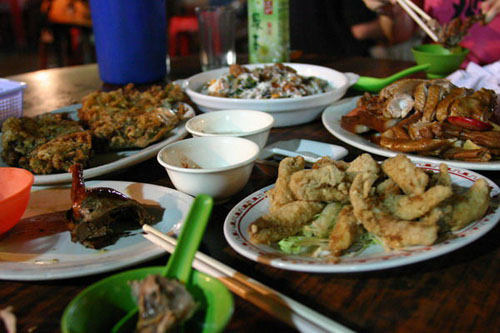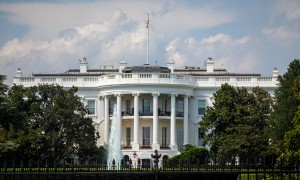By CGTN's Special Contributor James Chau
The first major health story I covered was also the first time I met Dr. Margaret Chan. In 2003, during the height of the SARS outbreak, the then Hong Kong's Director of Health became the face of a global response.
In many ways, SARS was a game-changer not only for the international community and its approach to infectious diseases, but for the positive impact it had on health in China and the era of openness and transparency it helped usher in.
On a personal note, it opened my eyes to the relationship between health, development and people. But as I reported on SARS almost 15 years ago, I could never have known that I would one day have the opportunity to work with Dr. Chan herself.
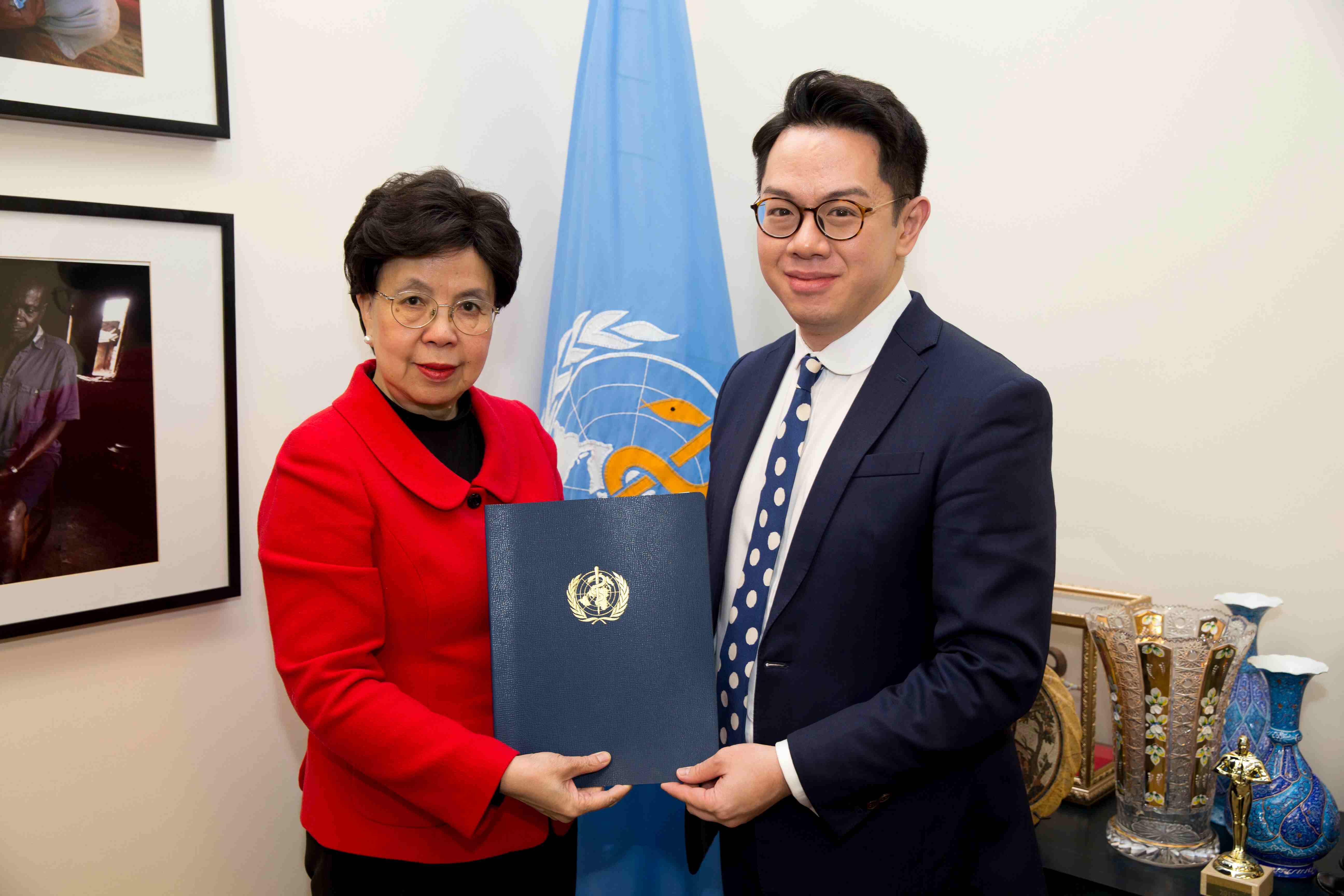
CGTN's Special Contributor James Chau with Dr. Margaret Chan /CGTN Photo
After SARS, we saw how she went on to be elected Director-General of the World Health Organization, leading 194 member-states during the outbreaks of Ebola, Zika and avian influenza, but equally on the everyday challenges from heart disease, cancer and diabetes.
Over the last ten years she has helped shatter the silence around mental illness and created a new movement around tobacco control. The Chinese government has made Beijing a smoke-free city in public places and many more, like Shanghai and Shenzhen, are also following.
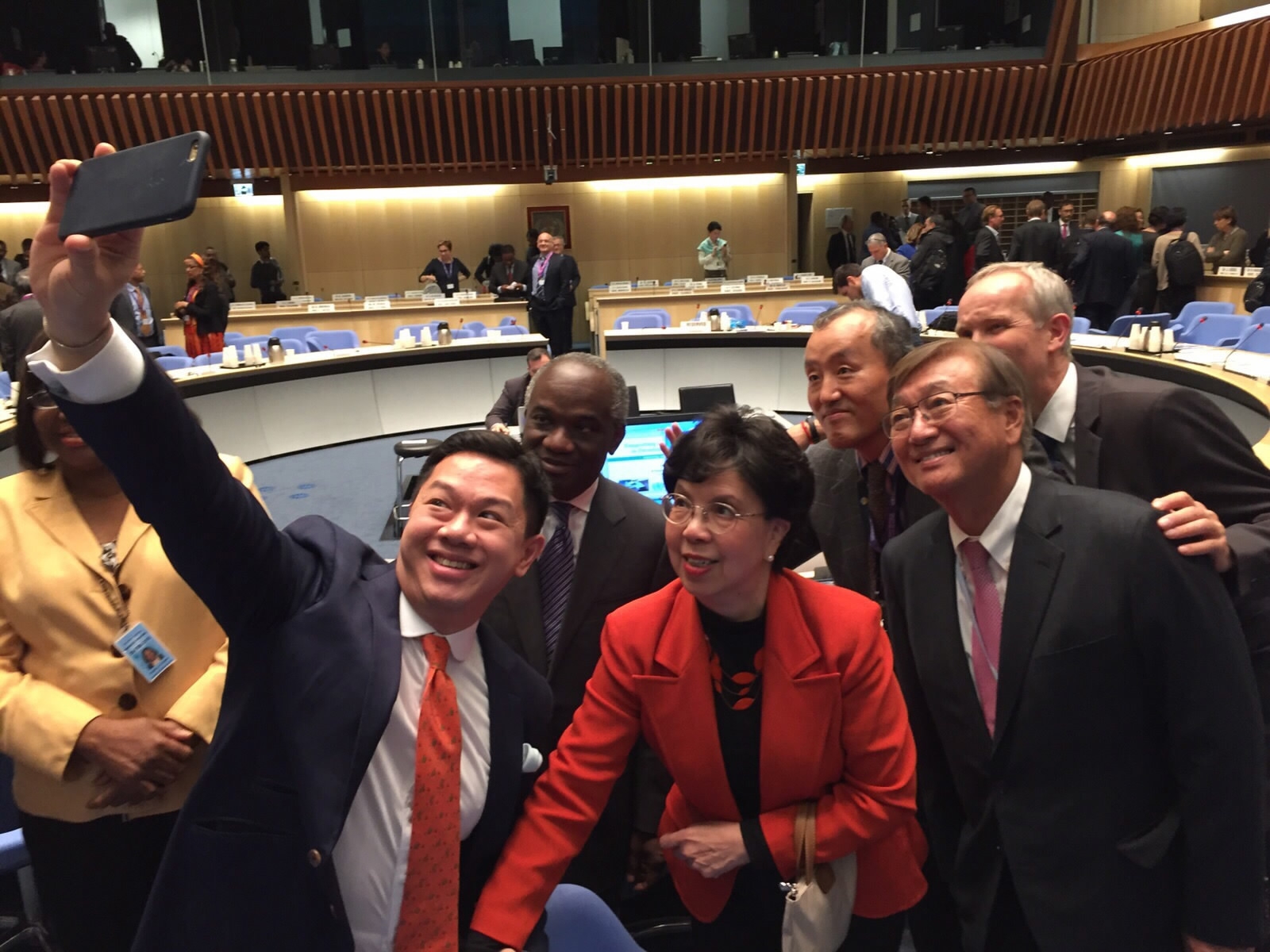
CGTN Photo
Last year, I was appointed WHO Goodwill Ambassador for Sustainable Development Goals and Health. The SDGs are a reminder of the 17 pillars that frame the post-2015 global agenda, and how the progress (and failure) of each one has a direct impact on the others. That is especially true of goal number 3 – Good Health and Well-being – which sits at the core of the overall vision.
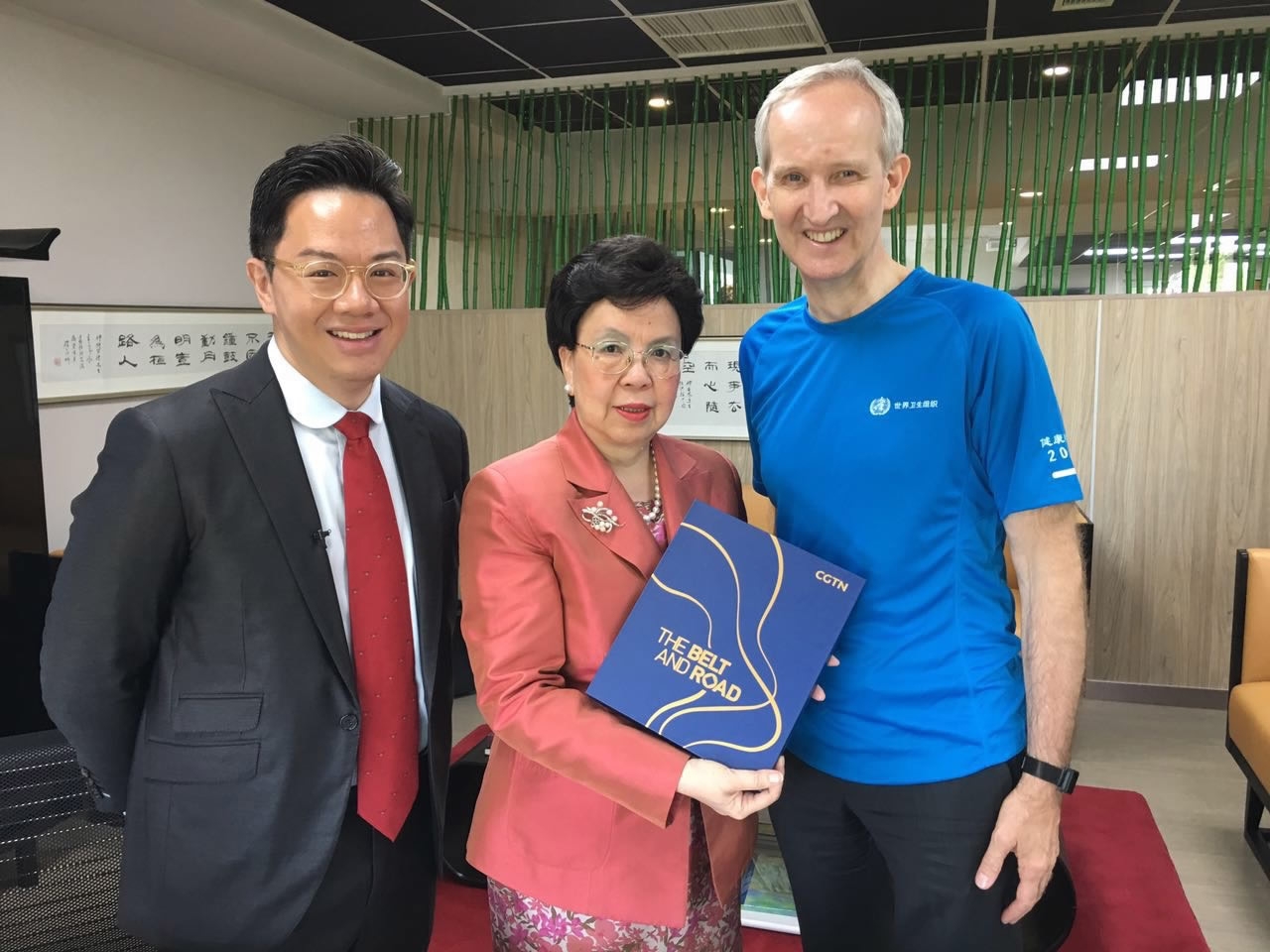
CGTN Photo
In my last interview with Dr. Chan (and her last as WHO Director-General), I asked her about that action plan, from the SDGs to the G20, and of course the Belt and Road initiative that is binding together countries and populations in a innovative way we have never seen before.
We also talked about Ebola, from the criticism of her leadership during the 2014 outbreak in West Africa, to the launch of the first-ever vaccine for this virus-disease just a few weeks ago. Prevention is affordable, she says, and development is extremely complex without having peace and security first.
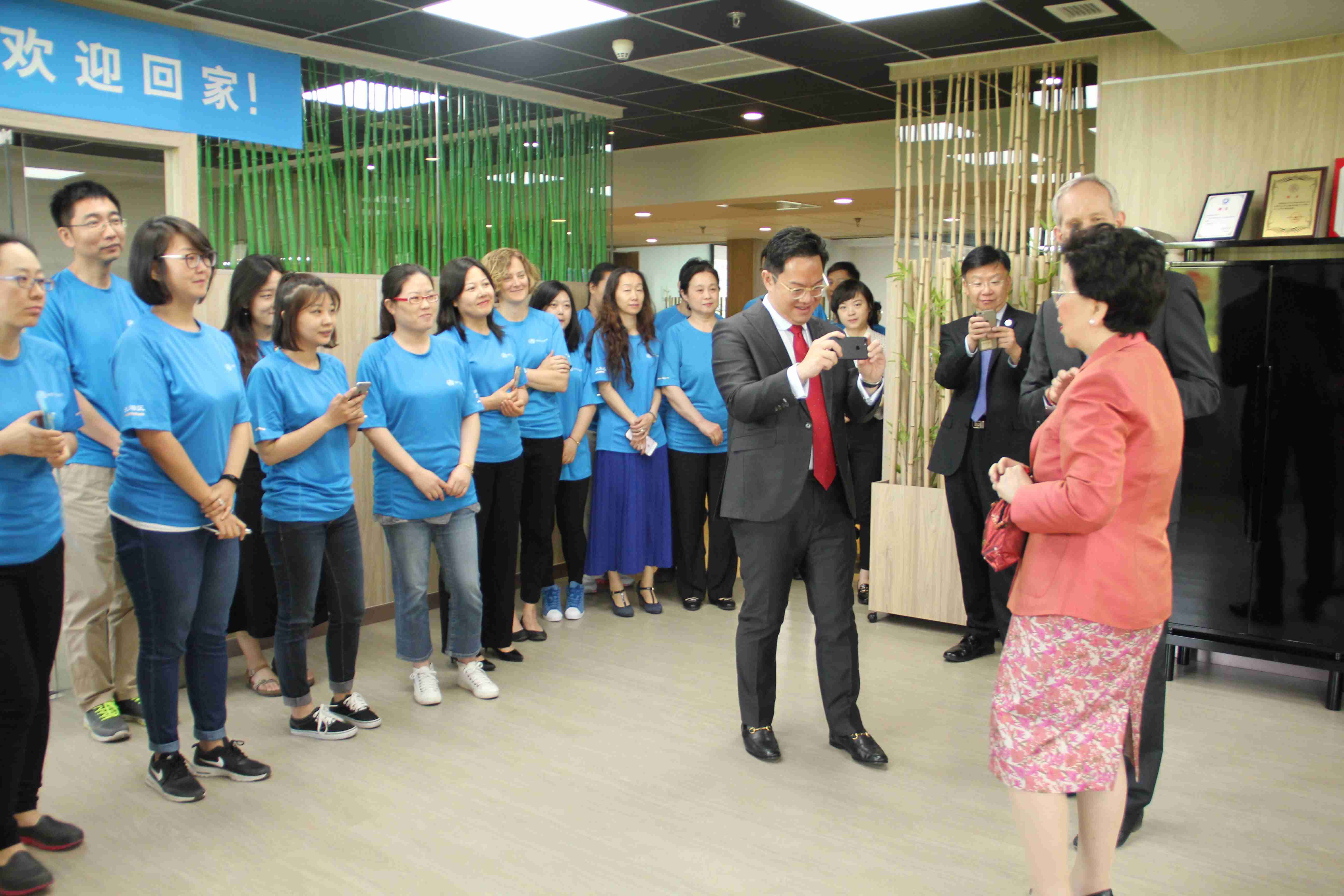
CGTN Photo
I’ve interviewed Dr. Chan a number of times in my career, but it is always special doing so at the end of a person’s career – for the prestige, but also for the opportunity to reflect. I spoke to Ban Ki-moon as he stepped down as UN Secretary-General, and this conversation with Dr. Chan is every bit as memorable. I hope you enjoy listening to it, as much as I did.


